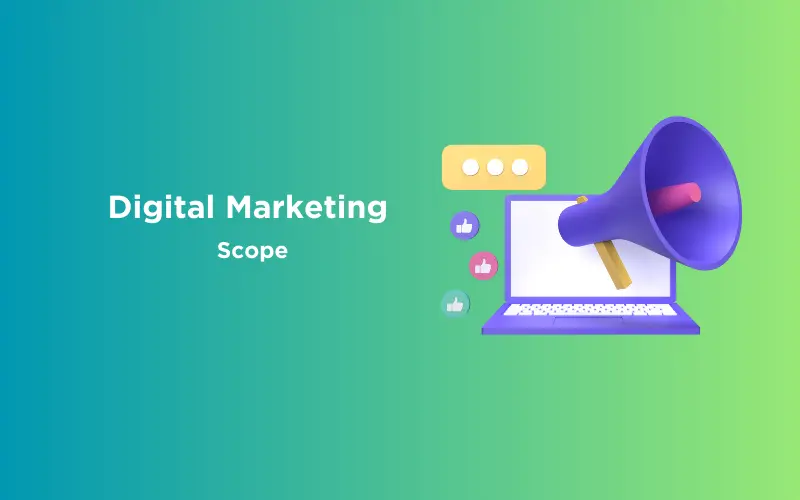
The Scope of Digital Marketing in 2025
Jan 16, 2025 8 Min Read 4642 Views
(Last Updated)
Welcome to the world of digital marketing! It’s like a fast and exciting roller coaster ride for businesses. Things are changing all the time, and digital marketing is at the heart of it all. We’re in 2025 now, and digital marketing has grown even bigger and better.
Imagine a world where businesses can reach people easily, and people can find what they need with just a click. That’s what digital marketing does. It’s a magical tool that helps companies connect with their customers and grow like never before.
In this blog, we’ll explore the scope of digital marketing in 2025. From new trends to awesome technologies, we’ll see how businesses can use digital marketing to win big in this wild and competitive world. So, hop on board, and let’s discover the amazing world of digital marketing together! Let’s go!
Table of contents
- Overview of Digital Marketing
- Social Media
- SEO (Search Engine Optimization)
- Email Marketing
- Current Trends in Digital Marketing
- Artificial Intelligence (AI) and Machine Learning in Marketing Automation
- Voice Search Optimization and the Rise of Smart Speakers
- Influencer Marketing and User-Generated Content
- Video Marketing and Live Streaming
- Expanding Role of Social Media
- The Ever-Growing Significance of Social Media in Digital Marketing Strategies
- The Emergence of New Social Media Platforms and Features
- The Importance of Social Media in Building Brand Awareness and Customer Engagement
- The Impact of Mobile Marketing
- The Increasing Dominance of Mobile Devices in Accessing Digital Content
- The Relevance of Mobile-Responsive Websites and Mobile Apps
- The Role of Mobile Marketing in Location-Based Targeting and Personalized Experiences
- E-commerce and Digital Marketing
- The Intersection of E-commerce and Digital Marketing in 2025
- The Rise of Omnichannel Marketing and Seamless Customer Experiences
- The Influence of Augmented Reality (AR) and Virtual Reality (VR) in Enhancing E-commerce
- Data Privacy and Ethical Considerations
- Growing Concerns Regarding Data Privacy and Consumer Trust
- The Importance of Ethical Marketing Practices in the Digital Age
- The Significance of Complying with Data Protection Regulations
- Challenges and Opportunities in 2025
- Potential Challenges Faced by Digital Marketers in the Current Landscape
- Turning Challenges into Opportunities for Growth
- Insights on Staying Ahead in the Competitive Digital Marketing Industry
- Conclusion
- FAQs
- What is digital marketing?
- Why is data privacy important in digital marketing?
- How can I learn more about digital marketing?
Overview of Digital Marketing

Digital marketing is like a magic wand for businesses in today’s world. It’s a way of promoting products and services using the internet and digital technologies. With so many people online these days, digital marketing has become essential for reaching customers and growing businesses.
Enrolling in GUVI’s Digital Marketing course can help you become an expert in the digital world, regardless of your level of marketing expertise. Learn the ins and outs of email marketing, social media marketing, content production, SEO, and more from professionals in the field. Through practical projects and real-world case studies, acquire job-ready skills with globally recognized certifications. Additionally, if you want to explore Marketing Research Techniques through a Self-paced course, try GUVI’s Marketing Research Techniques certification course.
Different Channels and Platforms of Digital Marketing
There are many ways to do digital marketing, and each one is like a different road to success. Some of the main channels and platforms include:
Social Media
It’s where everyone hangs out these days! Businesses can use platforms like Facebook, Instagram, and Twitter to connect with their audience, share cool stuff, and build strong relationships.
SEO (Search Engine Optimization)
Ever wondered how Google shows you the perfect results when you search for something? That’s SEO at work! It helps businesses get noticed on search engines and brings more people to their websites.
Email Marketing
Remember those emails you get from your favorite brands? That’s email marketing in action! It’s a great way for businesses to send personalized messages and special offers to their customers.
Data Analytics and Personalization in Digital Marketing
Data analytics is like a secret weapon for digital marketers. It helps them understand what works and what doesn’t. By looking at data, they can make smart decisions and improve their strategies to get better results.
Personalization is like adding a special touch to digital marketing. When businesses use data to understand their customers better, they can create personalized experiences. It’s like getting a special gift made just for you!
In this digital age, businesses that use data analytics and personalization can stand out and make their customers feel valued and important.
So, digital marketing is like a cool adventure, where businesses can explore different channels, use data to make magic happen, and create awesome experiences for their customers. It’s a game-changer, and in the modern business landscape, it’s a must-have tool for success!
Current Trends in Digital Marketing
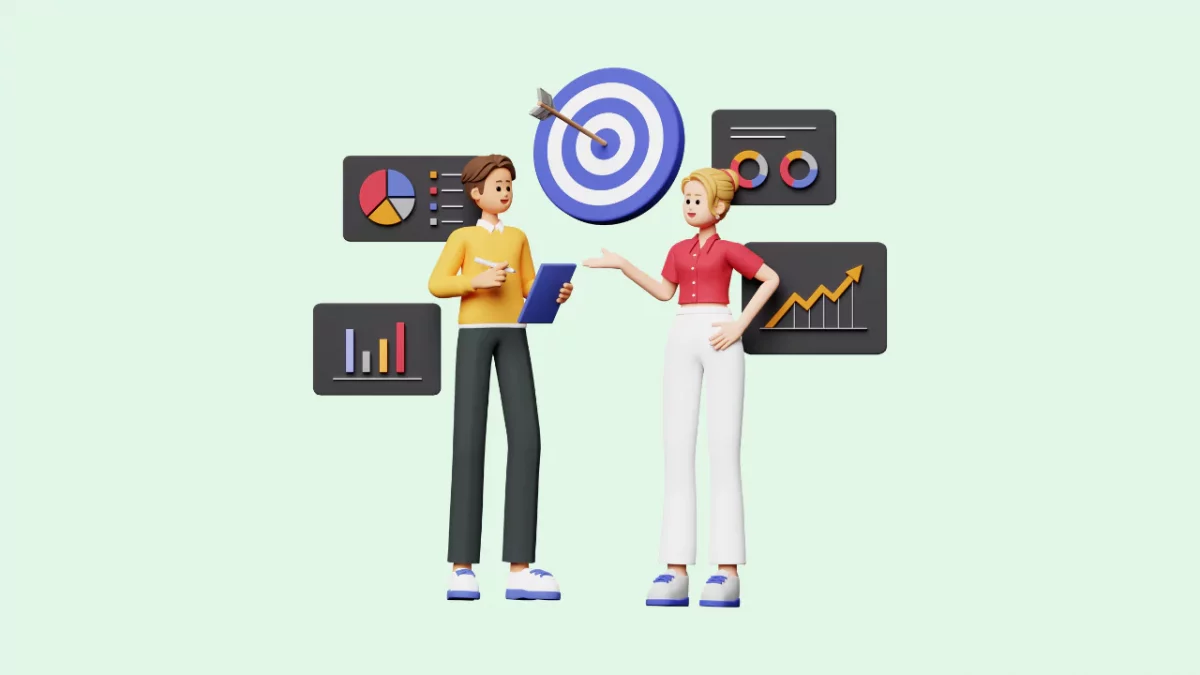
Artificial Intelligence (AI) and Machine Learning in Marketing Automation
In 2025, AI and machine learning are taking center stage in digital marketing. These smart technologies help businesses automate repetitive tasks, analyze customer behavior, and deliver personalized experiences. From chatbots providing instant customer support to AI-powered recommendation engines, these innovations are revolutionizing how businesses interact with their audience.
Voice Search Optimization and the Rise of Smart Speakers
With the growing popularity of smart speakers like Amazon Echo and Google Home, voice search optimization is becoming essential for digital marketers. In 2025, more people are using voice commands to search for information and make purchases. Businesses that optimize their content for voice search can reach a broader audience and stay ahead in this voice-first era.
Influencer Marketing and User-Generated Content
Influencer marketing is booming in 2025, as consumers trust recommendations from people they admire. Businesses are collaborating with influencers to promote their products and services authentically. Additionally, user-generated content is gaining momentum, as customers love sharing their experiences with brands. It’s a win-win for businesses, as they get organic promotion and build a loyal customer base.
Video Marketing and Live Streaming
Video content will rule the digital world in 2025. From short-form videos on social media to longer product demonstrations, videos are captivating audiences like never before. Live streaming is also on the rise, allowing businesses to connect with their followers in real-time. The authenticity and immediacy of live content create meaningful interactions with customers.
Expanding Role of Social Media
The Ever-Growing Significance of Social Media in Digital Marketing Strategies
Social media has become the beating heart of digital marketing strategies in recent years. It’s not just a place for sharing photos and updates; it’s a powerful tool for businesses to connect with their audience and reach potential customers. Social media platforms offer a vast audience, allowing businesses to build loyal followers and create meaningful interactions.
In 2025, social media’s role in digital marketing has expanded even further. It has become an essential channel for brand promotion, customer engagement, and driving website traffic. Businesses now rely on social media to stay relevant, listen to customer feedback, and showcase their products and services. With social media, companies can humanize their brands, establishing a direct line of communication with their customers.
The Emergence of New Social Media Platforms and Features
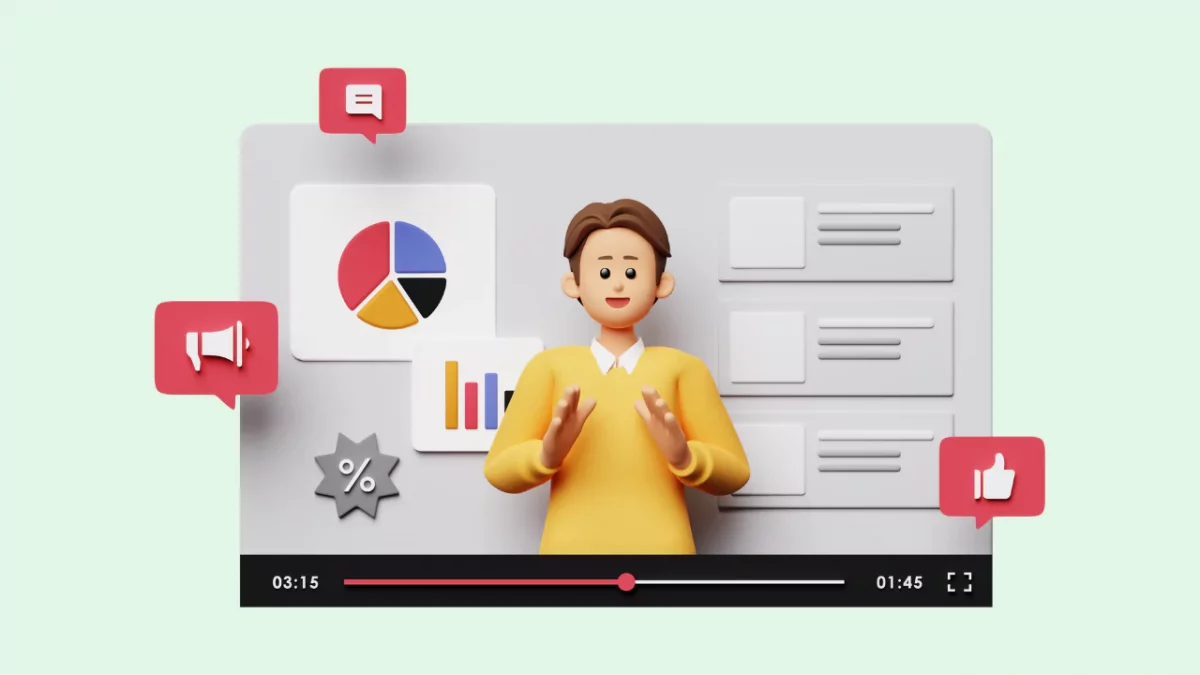
The social media landscape in 2025 is constantly evolving, with new platforms and features capturing users’ attention. While traditional platforms like Facebook, Instagram, and Twitter continue to dominate, emerging platforms are gaining popularity.
In 2025, we see the rise of social media platforms catering to specific interests and demographics. For example, platforms like TikTok and Clubhouse have exploded in popularity, attracting younger audiences and offering unique engagement opportunities for businesses.
Moreover, features like stories and reels have become instrumental in content marketing. Businesses use these short-lived, immersive formats to create engaging and time-sensitive content that resonates with their audience. The dynamic nature of social media features keeps users hooked and provides businesses with fresh ways to connect with their target market.
The Importance of Social Media in Building Brand Awareness and Customer Engagement
Social media has become a playground for building brand awareness and engaging customers in a meaningful way. Businesses can share compelling stories, showcase products, and interact with customers through comments, messages, and live events.
In 2025, consumers expect brands to have a strong social media presence. A well-managed social media strategy can significantly impact brand perception and customer loyalty. Engaging content, consistent posting, and timely responses to customer inquiries foster a sense of trust and reliability.
The real-time nature of social media allows businesses to be agile and responsive to trends and customer preferences. Brands can listen to their audience’s needs and preferences, tailoring their offerings to meet their demands effectively.
Social media has evolved into an indispensable aspect of digital marketing in 2025. Its ever-growing significance, coupled with the emergence of new platforms and features, presents businesses with exciting opportunities to build brand awareness, engage customers, and create lasting connections. By harnessing the power of social media, companies can thrive in the competitive digital landscape and forge strong bonds with their audience.
The Impact of Mobile Marketing

The Increasing Dominance of Mobile Devices in Accessing Digital Content
In 2025, mobile devices have become our constant companions, transforming the way we access digital content. The dominance of smartphones and tablets is on the rise, and people now prefer to browse the internet, shop, and consume content on their mobile devices.
Mobile has become the primary means of accessing the internet for a large portion of the global population. Whether it’s checking social media, reading news articles, or making online purchases, mobile devices have become the go-to devices for convenience and accessibility.
The Relevance of Mobile-Responsive Websites and Mobile Apps
In this mobile-first era, businesses have recognized the importance of mobile-responsive websites and mobile apps. A mobile-responsive website adapts to different screen sizes, providing an optimal user experience on smartphones and tablets. It ensures that content and functionality remain easily accessible and visually appealing, regardless of the device used.
Additionally, mobile apps have become a powerful tool for businesses to engage and retain customers. Apps offer seamless and personalized experiences, enabling users to access services, make purchases, and receive updates with just a few taps. With push notifications and in-app messaging, apps enable businesses to establish direct communication with their audience, enhancing customer loyalty and satisfaction.
The Role of Mobile Marketing in Location-Based Targeting and Personalized Experiences
Mobile marketing goes beyond traditional advertising methods. In 2025, it leverages the power of location-based targeting to provide relevant and timely messages to consumers. With GPS technology, businesses can send location-specific offers, promotions, and event notifications to users in real-time. This level of personalization enhances the user experience and drives foot traffic to physical stores.
Moreover, mobile marketing thrives on personalized experiences. Mobile apps and websites collect valuable user data, enabling businesses to understand their customers’ preferences, behavior, and needs. By analyzing this data, businesses can deliver tailored content, product recommendations, and special offers, creating a sense of individual attention for each customer.
The integration of mobile marketing with other technologies, such as artificial intelligence and augmented reality, further enhances the impact. Interactive mobile campaigns, virtual try-ons, and immersive experiences provide an exciting and engaging journey for users.
The impact of mobile marketing in 2025 is undeniable. The increasing dominance of mobile devices, coupled with mobile-responsive websites and apps, has reshaped the way businesses connect with their audience. Location-based targeting and personalized experiences add a new level of relevance to marketing efforts, creating a seamless and user-centric approach. As mobile continues to shape consumer behavior, businesses that harness the potential of mobile marketing will be better equipped to thrive in the ever-evolving digital landscape.
E-commerce and Digital Marketing

The Intersection of E-commerce and Digital Marketing in 2025
In 2025, the relationship between e-commerce and digital marketing has grown even more intertwined. E-commerce, the buying, and selling of products and services online, relies heavily on digital marketing strategies to attract and retain customers.
Digital marketing is the driving force behind e-commerce success. It encompasses a wide range of tactics, such as social media marketing, search engine optimization (SEO), email marketing, and content marketing, to promote e-commerce platforms and products. Digital marketing enables businesses to reach their target audience, drive traffic to their online stores, and ultimately convert visitors into paying customers.
The Rise of Omnichannel Marketing and Seamless Customer Experiences
Omnichannel marketing has become a dominant strategy in 2025, where businesses seamlessly integrate various digital marketing channels and touchpoints to create a unified customer experience. Customers can interact with a brand across multiple platforms, such as social media, website, mobile app, and physical store, all while receiving consistent messaging and a personalized journey.
The goal of omnichannel marketing is to provide customers with a seamless and cohesive experience, regardless of the platform or device they use. For example, a customer can discover a product on social media, explore more details on the website, and make the purchase through a mobile app, all without any disruption in their journey.
The Influence of Augmented Reality (AR) and Virtual Reality (VR) in Enhancing E-commerce
In 2025, augmented reality (AR) and virtual reality (VR) have emerged as powerful tools in the world of e-commerce. These technologies have revolutionized how customers experience products before making a purchase.
AR enables customers to virtually try on products, visualize how furniture would look in their homes, or even see how clothing fits their bodies. This immersive experience enhances customer confidence in their purchase decisions, reducing the likelihood of returns and increasing customer satisfaction.
VR takes it a step further by creating virtual shopping environments, where customers can explore stores, interact with products, and even engage in interactive shopping experiences. This futuristic approach to e-commerce gives customers a sense of excitement and exploration, making online shopping a fun and memorable journey.
The relationship between e-commerce and digital marketing has evolved significantly in 2025. Digital marketing has become the backbone of e-commerce success, enabling businesses to reach and engage customers effectively. The rise of omnichannel marketing ensures a seamless and personalized customer experience, fostering brand loyalty and customer satisfaction. Augmented reality and virtual reality have added a new dimension to e-commerce, enriching the customer journey and shaping the future of online shopping. Together, e-commerce and digital marketing are creating a dynamic and exciting landscape for businesses and customers alike.
Data Privacy and Ethical Considerations
Growing Concerns Regarding Data Privacy and Consumer Trust
In the digital age, data privacy has become a pressing concern for consumers. With the vast amount of personal information being collected, stored, and shared online, people are increasingly worried about the security and confidentiality of their data. High-profile data breaches and misuse of personal information have eroded consumer trust in businesses and digital platforms.
Consumers expect transparency and accountability when it comes to handling their data. They want to know how their information is being used and that it’s being safeguarded from unauthorized access. Maintaining data privacy is not just a legal obligation for businesses; it’s a crucial aspect of building and maintaining trust with customers.
The Importance of Ethical Marketing Practices in the Digital Age
Ethical marketing practices are paramount in the digital age, where marketing messages can reach a vast and diverse audience instantly. Ethical marketing ensures that businesses treat their customers with honesty, fairness, and respect. It involves delivering truthful and accurate information about products and services, avoiding deceptive practices, and respecting consumer choices.
In 2025, consumers will be more conscious of businesses’ values and ethical practices. They want to support brands that align with their principles and contribute positively to society. Businesses that demonstrate ethical behavior build stronger connections with their customers and foster long-term loyalty.
The Significance of Complying with Data Protection Regulations
With the increasing focus on data privacy, governments, and regulatory bodies have enacted data protection regulations to safeguard consumers’ personal information. In 2025, businesses will be bound by these regulations, such as the General Data Protection Regulation (GDPR) and the California Consumer Privacy Act (CCPA).
Complying with data protection regulations is not just a legal requirement; it is a way to prioritize consumer privacy and rights. Businesses must be transparent about their data collection practices, obtain proper consent, and implement robust security measures to protect customer data from breaches and unauthorized access.
Non-compliance with data protection regulations can result in severe consequences, including hefty fines and reputational damage. Therefore, businesses must prioritize data privacy and make it an integral part of their ethical marketing practices.
Data privacy and ethical considerations are critical components of responsible and sustainable business practices in the digital age. Addressing consumer concerns about data privacy, practicing ethical marketing, and complying with data protection regulations are essential for businesses to gain and retain consumer trust. By prioritizing these aspects, businesses can build strong and lasting relationships with their customers, foster brand loyalty, and contribute positively to the digital landscape in 2025 and beyond.
Challenges and Opportunities in 2025
Potential Challenges Faced by Digital Marketers in the Current Landscape
In 2025, digital marketers face several challenges in the ever-evolving landscape of online marketing:
Increased Competition: The digital marketing space is becoming increasingly crowded, making it harder for businesses to stand out and capture their audience’s attention.
Data Privacy and Compliance: Stricter data protection regulations and growing concerns about data privacy require digital marketers to navigate complex compliance requirements while respecting customer trust.
Ad-blocking and Ad-fatigue: With the rise of ad-blocking tools and growing ad fatigue among consumers, digital marketers must find creative ways to deliver relevant content without being intrusive.
Evolving Algorithms and SEO: Search engine algorithms are constantly changing, affecting search rankings and SEO strategies. Digital marketers must adapt to these updates to maintain visibility and relevance.
Fragmented Audience: The wide spread of audience across various digital platforms and devices, makes it challenging to create cohesive and personalized marketing campaigns.
Turning Challenges into Opportunities for Growth
Despite the challenges, digital marketers can turn them into opportunities for growth:
Embrace Creativity: With increased competition, creativity becomes a key differentiator. Innovative and engaging content, personalized campaigns, and experiential marketing can capture audience attention effectively.
Prioritize Data Ethics: By adopting transparent data collection practices and respecting customer privacy, digital marketers can build trust and loyalty with their audience.
Focus on Content Marketing: Content marketing offers a way to combat ad-blocking and ad fatigue. Valuable, informative, and relevant content can attract and retain customers organically.
Optimize for Voice Search: As voice search grows in popularity, optimizing content for voice queries can help businesses reach a broader audience and adapt to changing consumer behaviors.
Leverage Cross-channel Marketing: Instead of seeing fragmented audiences as a challenge, digital marketers can leverage cross-channel marketing to create unified and consistent brand experiences.
Insights on Staying Ahead in the Competitive Digital Marketing Industry

To stay ahead in the competitive digital marketing industry, consider the following insights:
Continuous Learning: The digital landscape evolves rapidly, and staying updated with the latest trends, technologies, and best practices is essential for success.
Data-Driven Decisions: Utilize data analytics to gain insights into customer behavior and preferences, enabling data-driven decision-making and optimization of marketing strategies.
Agility and Adaptability: Be agile and adaptable to changes in consumer behavior, technology, and market trends. Embrace experimentation and be open to trying new approaches.
Customer-Centric Approach: Put the customer at the heart of your marketing efforts. Understanding customer needs and delivering personalized experiences can drive customer loyalty.
Collaborate and Network: Engage with other professionals, attend industry events, and collaborate with experts to gain new perspectives and expand your network.
By recognizing and overcoming challenges, digital marketers can unlock the full potential of opportunities in the dynamic landscape of digital marketing in 2025. Staying proactive, customer-focused, and data-driven will empower businesses to thrive and succeed in this competitive and ever-changing digital world.
Join GUVI’s Digital Marketing course to kickstart your journey in this exciting field. Gain expertise in ChatGPT, WordPress, Meta Business Suite, Google Analytics, Youtube Analytics, Google Ads Manager, and more. Master essential skills in SEO, social media marketing, email marketing, content creation, and digital advertising tactics to excel in the Digital Marketing industry.Additionally, if you want to explore Marketing Research Techniques through a Self-paced course, try GUVI’s Marketing Research Techniques certification course.
Conclusion
In this blog, we talked about digital marketing in 2025. It’s a powerful tool for businesses to connect with customers and grow. We discussed different trends like AI, voice search, and influencer marketing that are making a big impact.
Social media is super important, and mobile devices are taking over how we shop and browse. It’s essential to protect customer data and be honest in marketing.
There are some challenges like competition and data privacy, but we can turn them into opportunities for growth. We have a big chance to do amazing things with digital marketing in 2025!
So, let’s stay curious, learn new things, and use the digital world to make our businesses even better. Together, we can make the most of the exciting world of digital marketing! Happy marketing to all!
We want to hear from you! Share your thoughts and experiences about digital marketing in the comments section below. Let’s have a fun discussion and learn from each other!
FAQs
Digital marketing is a way of promoting products and services using the internet and digital technologies. It includes various strategies like social media marketing, search engine optimization (SEO), email marketing, and content marketing to connect businesses with their target audience online.
Data privacy is crucial in digital marketing because it involves collecting and using personal information from customers. Respecting data privacy builds trust with customers and ensures their sensitive information is handled securely. It also helps businesses comply with data protection regulations and avoid reputational damage from data breaches.
There are many ways to learn about digital marketing! You can find online Digital Marketing courses, watch tutorials, and read blogs or books on the subject. Look for reputable resources and platforms that offer digital marketing education. Don’t forget to practice what you learn to gain hands-on experience and improve your skills.




















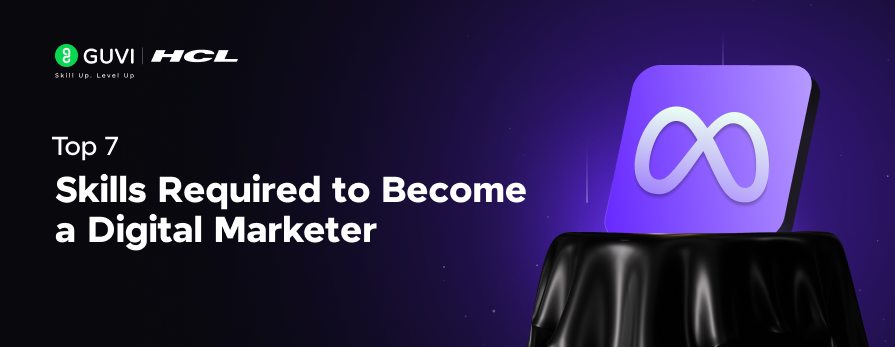
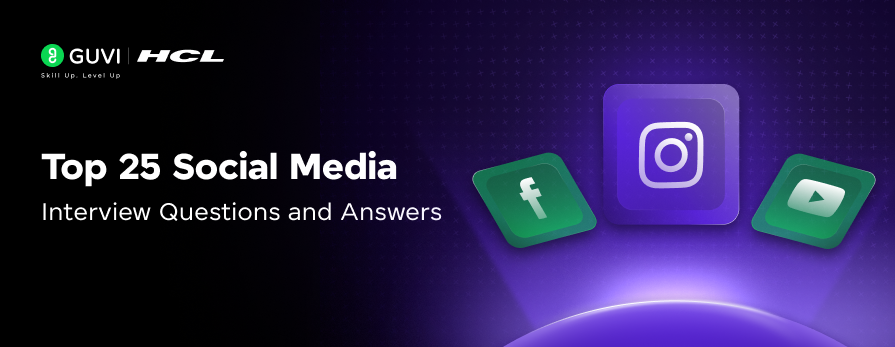
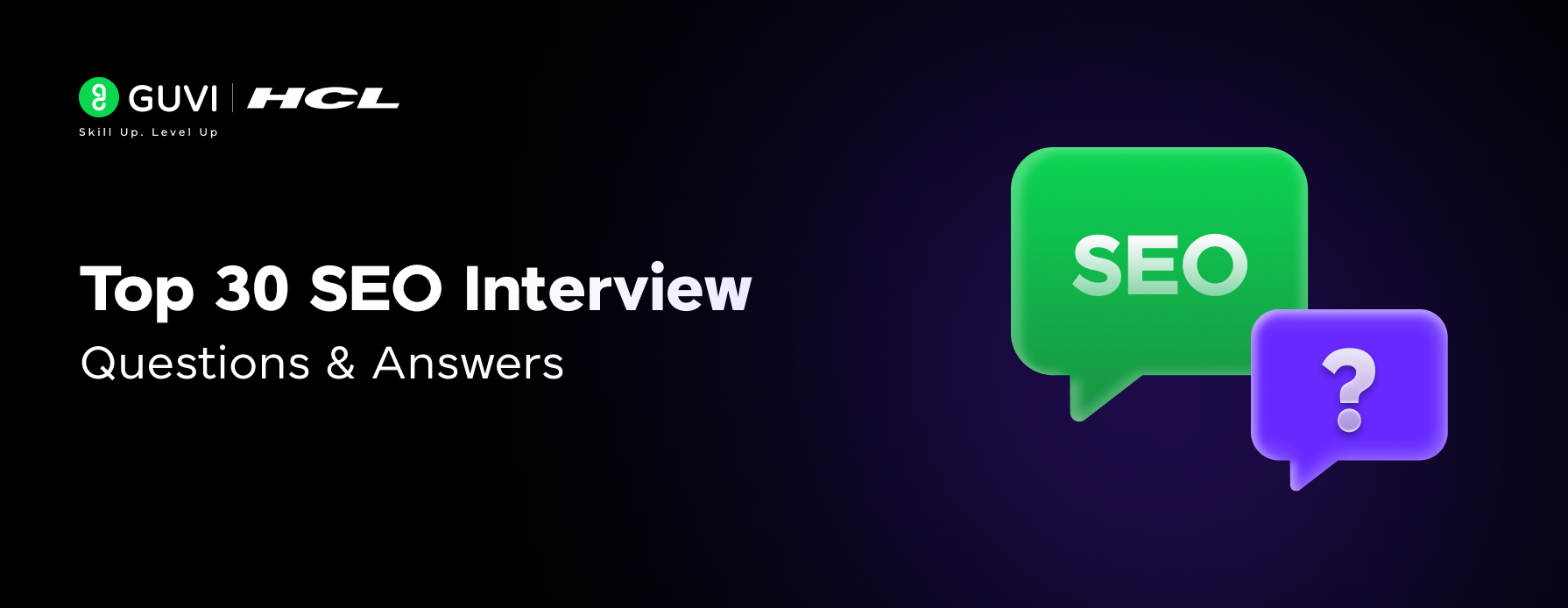

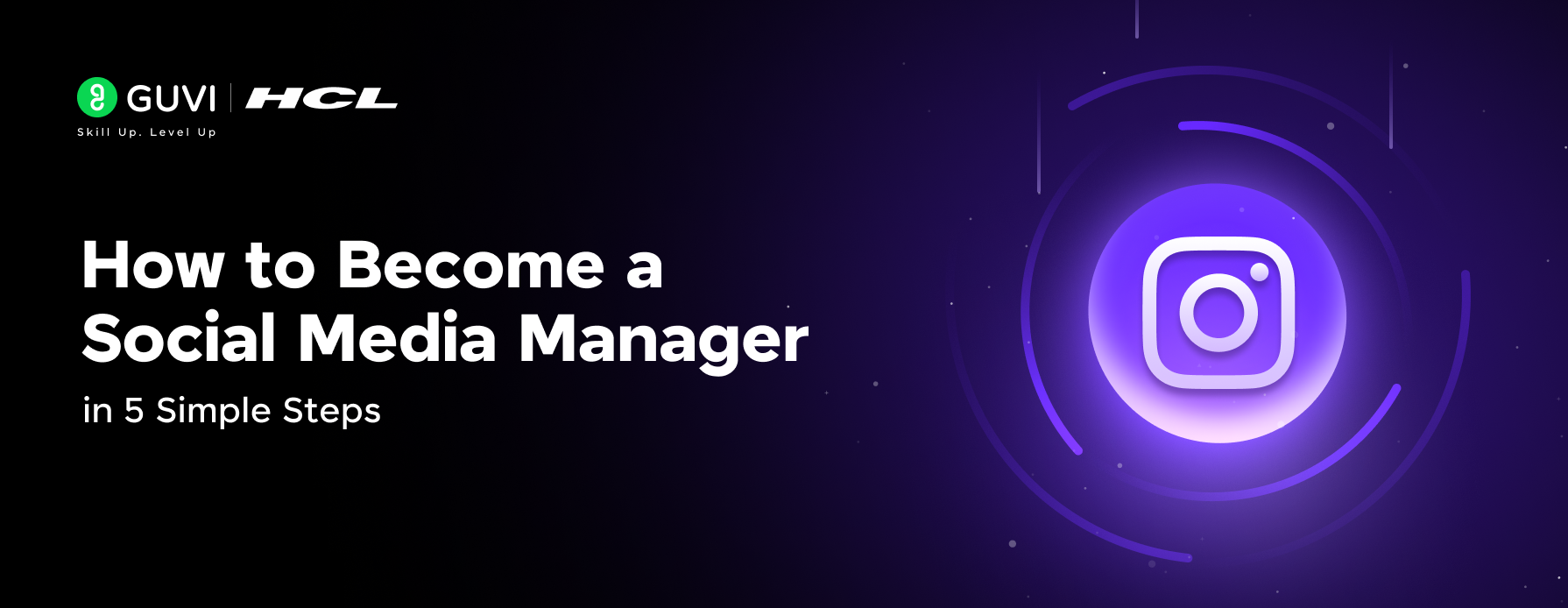
![How to Switch from Sales to Digital Marketing: A Beginner's Guide [2025] 13 sales to digital marketing](https://www.guvi.in/blog/wp-content/uploads/2025/01/How-to-switch-your-career-from-Sales-to-Digital-Marketing.png)
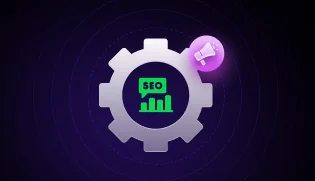



Really insightful post! Digital marketing has seriously changed the game for businesses of all sizes. With everything going online, having the right team makes all the difference.